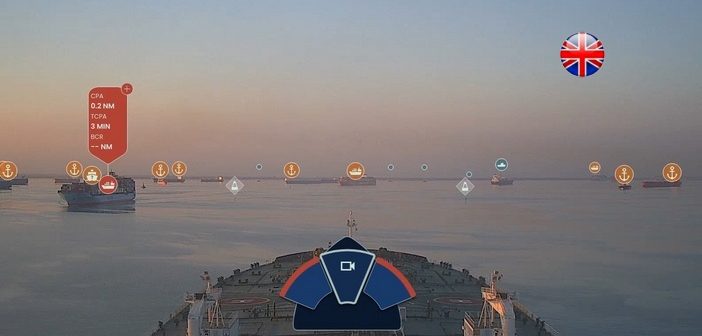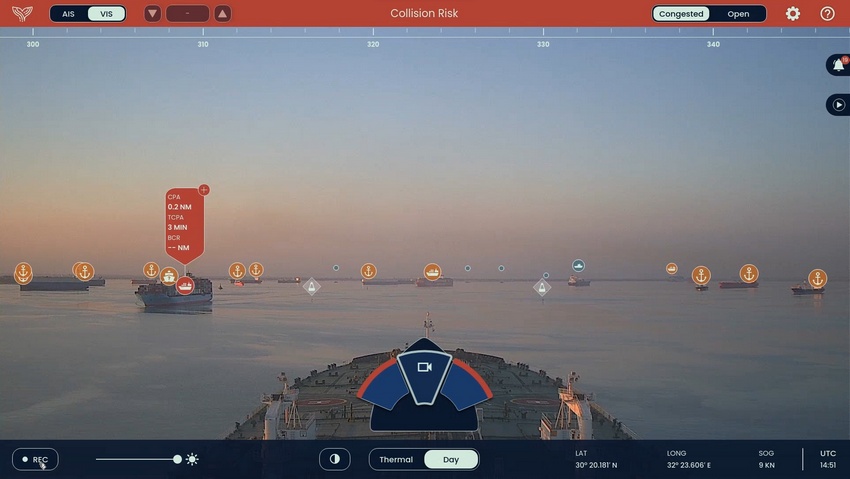Tel Aviv-based maritime technology company Orca AI is set to continue its successful collaboration with NYK Group subsidiary MTI and partners, leveraging its industry-leading automated watchkeeper in the second development stage of the MEGURI2040 project administered by the Nippon Foundation.
MTI, alongside sister entity Japan Marine Science Inc, is spearheading the Designing the Future of Fully Autonomous Ships Plus (DFFAS+) consortium comprising 51 Japan-based companies that will work together on the next phase of MEGURI2040.
While the OECD projects that maritime trade volumes could triple by 2050, a skilled crew shortage is growing globally. Specifically, a diminishing, ageing population in Japan has made it difficult to find skilled personnel for coastal shipping. This lack of experienced crews has created an acute need to mitigate the risk of human errors in navigation, which could potentially result in maritime accidents. The Nippon Foundation’s MEGURI2040 project has envisioned the fully autonomous navigation program as a way to address these social issues and the project was launched in 2020 with the aim to reach a full-scale commercialisation of fully autonomous ship technology by 2025.
The first phase of MEGURI2040 culminated in May 2022 with the successful autonomous trial voyage of the 749-gt NYK shortsea containership Suzaku in congested waters off Japan’s east coast. Equipped with Orca AI’s automated watchkeeper, to replace the human lookout, the vessel achieved 40 hours of navigation with complete autonomy, or around 98% of the voyage between Tokyo Bay and the port of Tsumatsusaka in Ise Bay. Data from the integrated display was live streamed to the fleet operations centre in Tokyo, with the ship performing 107 collision avoidance manoeuvres and avoiding up to 500 other vessels en route.
Dr Hideyuki Ando, Director of MTI, commented: “Following the successful completion of the DFFAS project, we continue to develop autonomous navigational capabilities on the journey towards full autonomy. Orca AI’s advanced AI and computer vision technology have already proven to be key enablers of the safety of autonomous navigation, and we look forward to leveraging this cutting-edge technology in the DFFAS+ project.”
“The DFFAS is an important milestone on the way to make autonomous shipping a reality and we are excited to be part of Phase Two of the project. MTI and Orca AI’s shared approach of collaborative innovation, out-of-the-box thinking and a ‘nothing is impossible’ mindset are the basis of this strong partnership. This collaboration will bring us closer to a future of fully autonomous navigation,” said Orca AI’s CEO and Co-founder, Yarden Gross.
MEGURI2040 Phase Two will focus on demonstrating ship-shore operations using four different vessel types including a newly built container ship equipped with a fully autonomous operation system, an existing container ship, Ro-Ro vessel, and remote island route ship equipped for partial autonomous operations, as well as two fleet operation centres.







